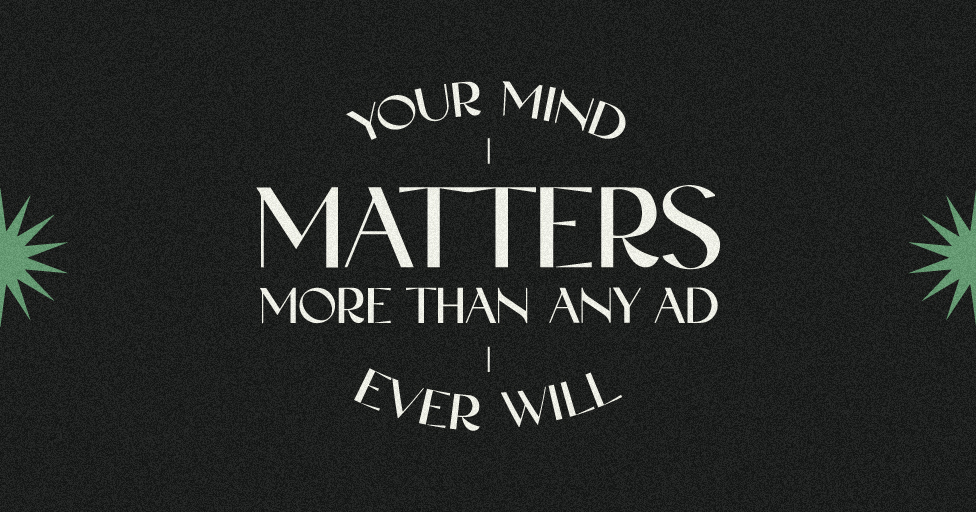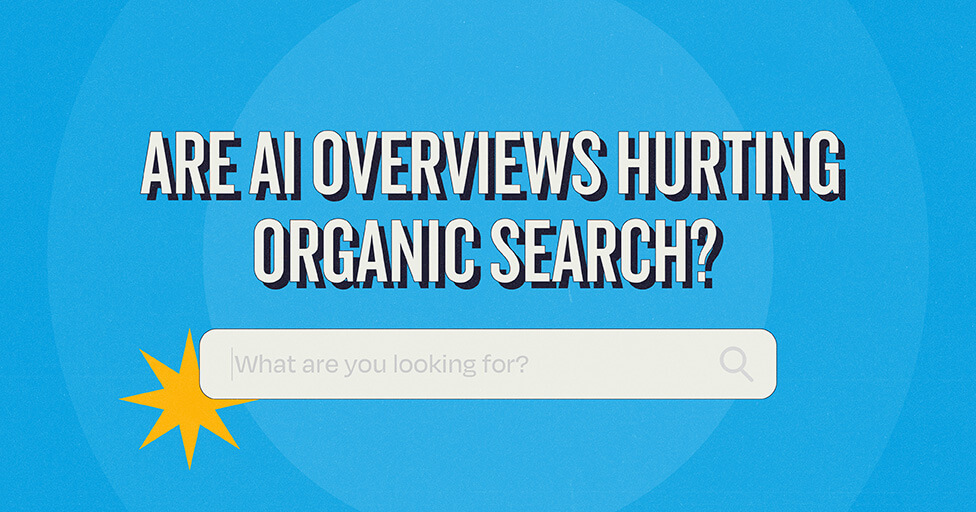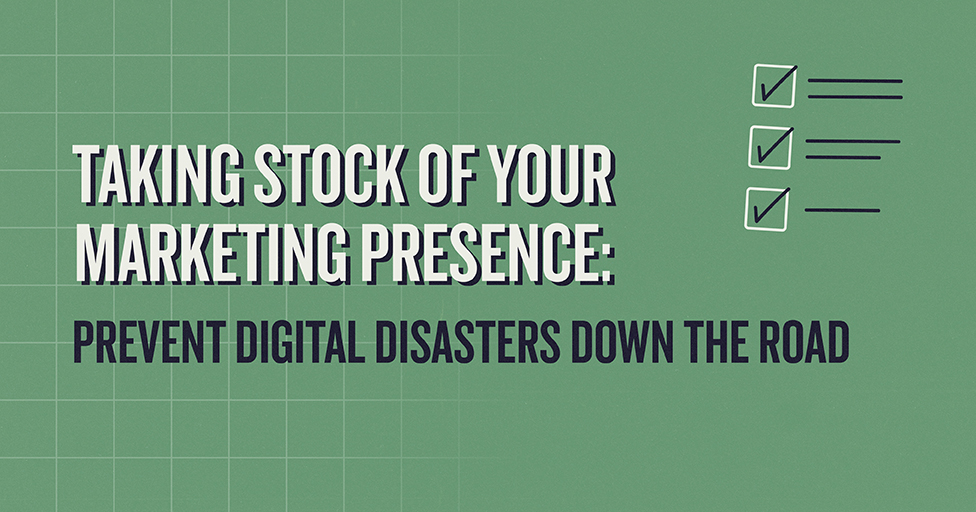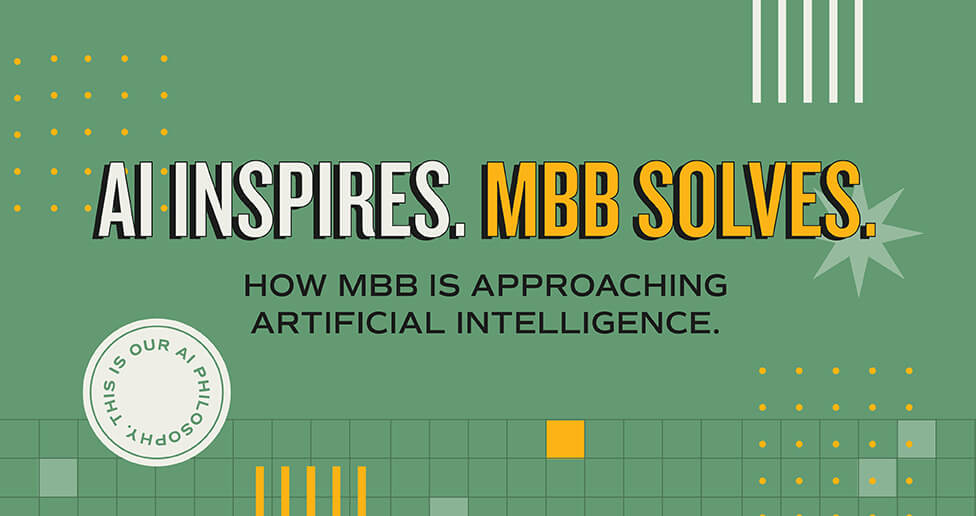
Six years ago this month, my trusted SSRI (think Lexapro or Zoloft) stopped working. During a quick search, I learned that doctors don’t fully understand what causes this thing — a condition called tachyphylaxis — nor do they understand why it occurs in some people and not others.
Regardless, there I was. What once balanced me out enough to make it through a 20-person board presentation left me on the verge of passing out from a simple chat with a co-worker. As I silently worked through it, I introduced cognitive behavioral therapy. The grounding method, meditation, and mindful breathing. They worked. So did therapy and alternative forms of medication.
But the breakthroughs were persistent.
Panic attacks suck. But, in many ways, they can be beneficial. One time, in particular, I was in our main conference room, pacing, head in hands, and trying to get my heart rate down with the only co-worker and friend I trusted with knowledge of my mental state. A few others checked on me and asked what was wrong. In a fleeting moment, I blurted out, “I’m having a panic attack!”
Saying that for the first time to people who didn’t understand my situation was a little embarrassing, but most of all, it was empowering. It opened the door for me to navigate anxious times in productive ways.
I think about that moment and how it defined my awareness and actions. I also think of those that would have been in that situation and not wanted to talk – and trust me, that was me for many years. Maybe it was the day. Maybe it was my mindset. But, because of it, I’ve adopted some mental health mantras I utilize as a leader and as someone who is just trying to get through the day. If you have anxiety or are someone who employs or works alongside the almost 40% of advertising professionals struggling with it, here are some things to think about.
- Anxiety Needs an Ally
There are a staggering number of people living with or close to people with anxiety. It’s important to have a co-worker you can turn to and trust for extra support. - Anxiety Shows in Tells
I promise I don’t mean to clear my throat 30 times in 30 seconds. There are subtle signs to look for to understand if a co-worker is feeling more anxious than usual. - No Q&A Sessions Today
When someone is having an attack, they’ve got more on their mind than you can imagine. The best thing you can do is not ask questions and wait for them to speak. - Know Your “Ifs” and “Thens”
In stressful situations, it’s important to have a game plan. I have three levels of anxiety I’ve identified. I communicate and act accordingly based on the level I’m at.
I’ll dive deeper into these topics in later posts. If you’re feeling stuck, it’s important to tell someone—anyone. We work in a competitive but highly compassionate industry. There are people out there who will serve as a source of calm when stressors strike—whether it’s going on a walk or sitting in silence with you until it passes.
As an agency, I’m excited that we’ve begun to put a few tools in place to support our employees. We now offer free telehealth therapy and provide resources where employees can connect instantly if they are having issues. I also hope that being transparent about my own struggles helps the rest of our employees feel a bit more comfortable to do what they need to do during challenging days—from staying off video to checking out early because the presentation was mentally draining. Your mind matters more than any ad ever will.
Subscribe to our newsletter
Get our insights and perspectives delivered to your inbox.


